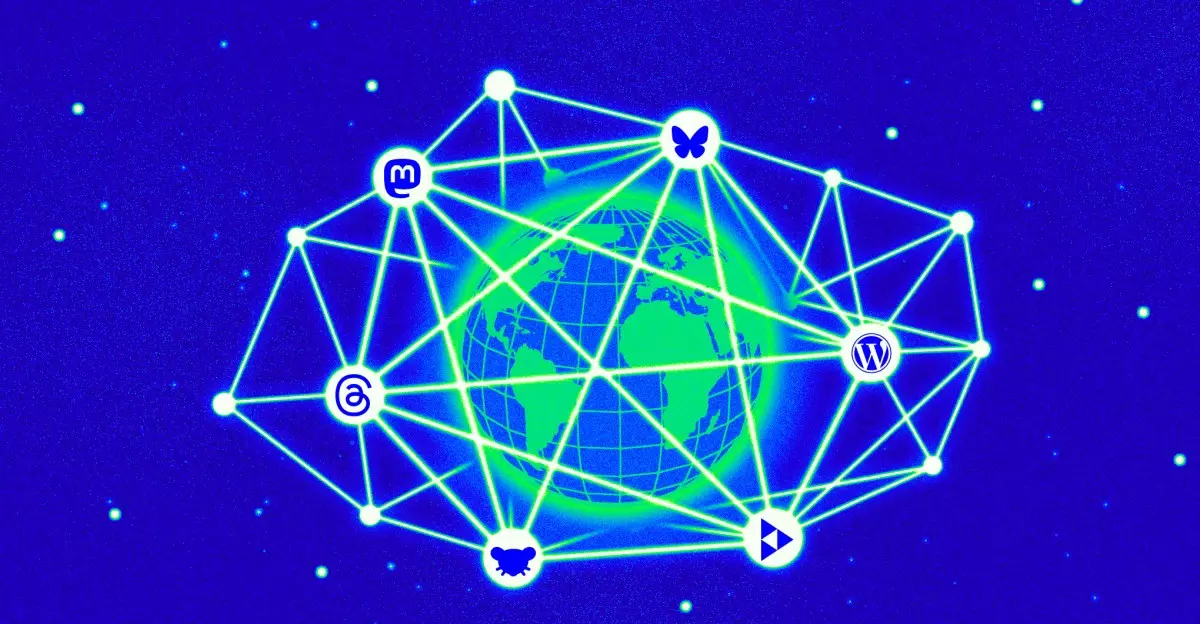As we traverse through a digitally saturated world, the emergence of decentralized social networking platforms is nothing short of revolutionary. In an age where data privacy and user autonomy are paramount, tools such as Bonfire Social, Channel.org, and Bounce are paving the way toward a more open internet experience. The recent FediForum conference served as a platform showcasing these innovations, revealing how they empower users to reclaim their digital identities while encouraging community building and self-governance.
Bonfire Social stands out as a notable addition to the digital landscape. Its framework is designed to nurture distinct digital communities, each characterized by unique governance models and styles. This is a significant leap away from traditional social media structures, where algorithms dictate user engagement and often prioritize corporate interests over community dynamics. Bonfire Social 1.0 marks a pivotal moment as the first version of the platform, offering a “pre-configured bundle” of features that enable connections through custom feeds, profiles, and robust discussions. Thus, it transforms the concept of online communities into something genuinely user-centric.
The Nuances of Customization
The shift toward personalization cannot be understated. With Bonfire Social inviting users to carve out their own digital spaces, the implication is not merely innovative—it encapsulates a growing desire for niche communities. The forthcoming variations of the platform, including Bonfire Community and Open Science, indicate a strategic expansion aimed at catering to distinct audience needs such as localized organizational communication or academic collaboration.
Meanwhile, Channel.org introduces an intriguing solution to the chaos of information overload. As users juggle numerous social media platforms, the need for content curation becomes increasingly pressing. This service recognizes that not all content is created equal; thus, it offers the ability to track specific hashtags, users, and even integrates with platforms like Bluesky and RSS feeds. The feature that allows for keyword filtering and muting of irrelevant voices signifies a move toward a more tailored approach to information consumption. It empowers users to reclaim their feed from the overwhelming barrage of unwanted content, effectively redefining the user experience on the open web.
Creating Bridges Between Platforms
One of the most remarkable developments highlighted at FediForum involved Bounce, an ingenious tool that facilitates the migration from Bluesky to Mastodon without losing one’s network of followers. In a landscape marked by fragmentation between various platforms, Bounce serves as a critical bridge, ensuring that users can transition seamlessly while retaining their social connections. Such interoperability is vital for the future of decentralized social networks; it facilitates not just migration but a broader sense of community among diverse platforms.
This interconnectedness is vital for combating the silo effects often seen with popular, centralized social media. Bounce’s capacity to resonate with users draws attention to a critical fact: people inherently crave connection. By harnessing interoperable technologies, tools like Bounce flip the narrative, allowing users to explore and engage across multiple platforms without the arduous task of re-establishing connections.
Championing User Control and Safety
The advancements offered by Channel.org and Bonfire Social also reflect a significant shift toward safeguarding user experience and content integrity. Channel.org’s built-in filters for NSFW content and hate speech embody a proactive stance on user safety—a necessity that cannot be ignored in today’s social media climate. As digital users increasingly express a desire for safer online environments, the emphasis on empowering users to curate their experience is exceptionally timely.
The implications are profound: advancements such as these not only reinvent the digital social experience but also set a precedent for how platforms should evolve to prioritize community safety and individual expression. This focus on user-centric features notably contrasts with many mainstream platforms that have often struggled to address these critical issues effectively.
As we embrace this new era of the open web, it becomes increasingly clear that the future of social networking is not solely about individual platforms, but rather the ecosystems they cultivate.

